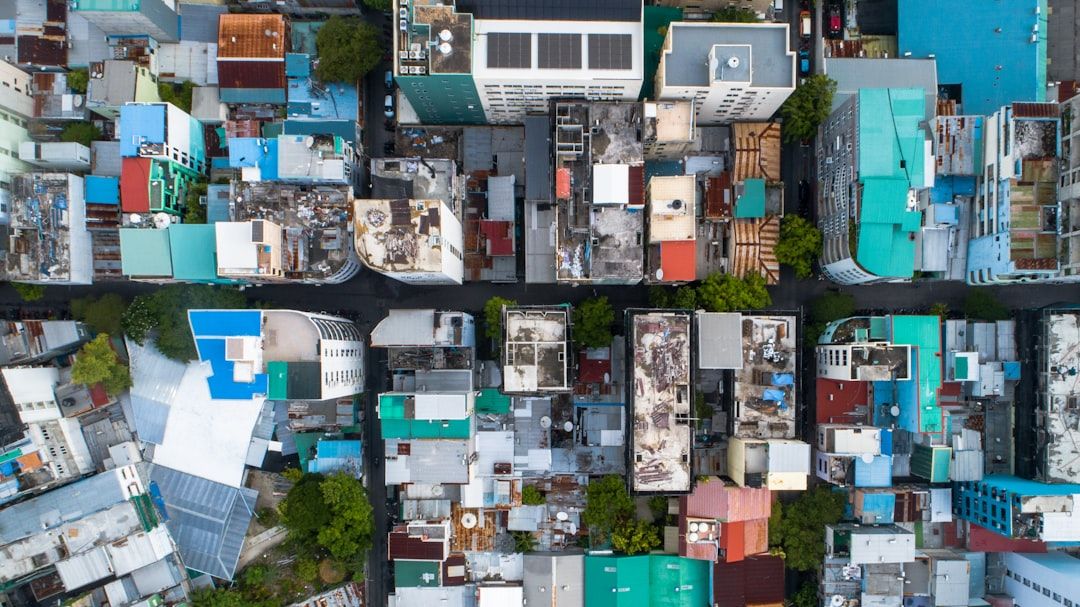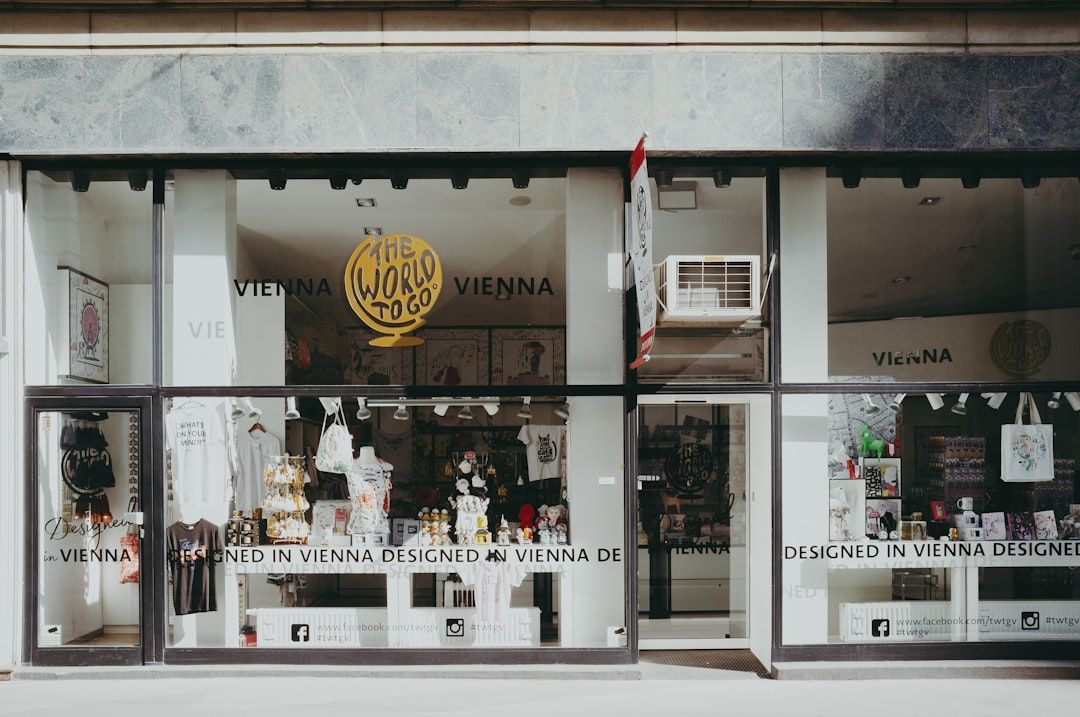In the world of travel and short-term rentals, few companies have made an impact as profound as Airbnb. For many, Airbnb has become synonymous with vacation rentals, unique stays, and digital nomad lifestyles. But what does Airbnb actually stand for? How did a simple idea involving air mattresses evolve into a global hospitality giant? In this article, we’ll explore the fascinating origins of the company, unpack what its name really means, and delve into what Airbnb represents today.
Origins of the Name “Airbnb”
The name Airbnb is a shortened version of “Air Bed & Breakfast.” This concept was born in 2007 when two roommates, Brian Chesky and Joe Gebbia, were struggling to pay rent in their San Francisco apartment. At that time, a major industrial design conference was coming to town, and all hotels were fully booked. The two entrepreneurs saw an opportunity: they offered travelers an alternative place to stay — their living room, equipped with a few air mattresses and a promise of breakfast in the morning.
This humble beginning marked the creation of the concept that would later become Airbnb, redefining the travel industry. By incorporating “Air” to reflect the air mattresses they initially used, and “Bed & Breakfast” to give a sense of hospitality, Brian and Joe named their service AirBed & Breakfast. Over time, this was shortened to the more catchy and brandable Airbnb.
What Does Airbnb Stand For Today?
While the original meaning referred quite literally to inflatable beds and breakfast, Airbnb has grown far beyond its initial mission. Today, Airbnb represents a global platform that connects people with unique and affordable accommodation options, as well as cultural and travel experiences. The company’s name, though rooted in its early days, now symbolizes:
- Innovation in Hospitality: Airbnb has democratized the concept of lodging, allowing anyone to turn their home into a hotel.
- Community and Belonging: The platform promotes the idea that people can feel at home anywhere in the world.
- Personalized Travel: Unlike standardized hotel rooms, Airbnb offers unique properties and experiences tailored to individual tastes.
In fact, Airbnb’s mission statement sums up this modern identity well: “To create a world where anyone can belong anywhere.”
The Evolution of Airbnb’s Brand Identity
Over the years, Airbnb has undergone numerous changes that reflect its expansion and changing brand ethos. The logo itself, known as the Bélo symbol, was introduced in 2014 and is meant to represent four things: people, places, love, and the letter “A.” It’s a graphic representation of the company’s commitment to bringing people together through shared spaces and experiences.

In this way, the name and image of Airbnb are not just about finding a place to stay—they’re about connection, community, and culture.
Key Milestones in Airbnb’s Journey
The journey from air mattresses on a floor to listing millions of properties worldwide wasn’t instantaneous. Let’s take a quick look at some defining moments that shaped what Airbnb stands for today:
- 2008: Launched officially as AirBed & Breakfast, with the co-founders joining forces with Nathan Blecharczyk, who became the third co-founder.
- 2009: Rebranded to Airbnb, allowing listings beyond just shared spaces — including entire homes and apartments.
- 2011: Reached 1 million nights booked and went international by opening offices in Europe.
- 2016: Introduced “Experiences,” allowing hosts to offer tours, classes, and local activities.
- 2020: Went public in one of the most anticipated IPOs, despite the pandemic’s effect on global travel.
- 2022: Launched new categories like OMG! stays, design homes, and tiny houses, further redefining how people travel.
Each step reflects a growing vision that expands far beyond just lodging — into the realm of lifestyle, cultural immersion, and global community building.
What Airbnb Represents to Different People
One of the most compelling aspects of Airbnb’s brand is how it means different things to different people:
- Hosts see it as a platform for earning income by sharing their space.
- Travelers view it as a gateway to unique experiences and affordable stays.
- Local communities may appreciate the economic boost that tourism brings.
- Digital nomads find it a flexible solution for longer, work-from-anywhere stays.
Ultimately, Airbnb embodies a shift in how we think about travel — from consuming a city as a tourist to experiencing it like a local.
Challenges and Criticisms
Of course, what Airbnb stands for isn’t always viewed through rose-colored glasses. The company has faced its fair share of criticism, including:
- Rising rental prices in popular cities due to increased demand for short-term rentals.
- Claims that it contributes to “over-tourism” in certain neighborhoods.
- Concerns over safety and regulatory compliance across varying jurisdictions.
To counteract these issues, Airbnb has rolled out new rules and technologies, including identity verification, noise monitors, and tighter host regulations. They’ve also begun working more closely with local governments to ensure responsible hosting.

Airbnb as a Cultural Phenomenon
Beyond being a marketplace, Airbnb has also become a cultural reference point. It’s not uncommon to hear people say, “Let’s just Airbnb it” — using the brand as a verb, much like what happened with Google. This linguistic shift reflects how deeply the platform has embedded itself into modern society.
Moreover, Airbnb pioneered the trend of experiential travel, where accommodation is not just a place to sleep but part of the trip’s charm. This includes everything from staying in a treehouse in Costa Rica to a castle in Scotland.
A Vision for the Future
Looking ahead, Airbnb continues to evolve by focusing on hybrid travel, sustainability, and equity. The company has introduced initiatives to:
- Support eco-friendly accommodations, encouraging hosts to use sustainable practices.
- Create more tools for accessible hosting and inclusive design.
- Expand into new markets beyond travel, such as remote work hubs and digital experience hosting.
In this way, the brand stands for more than just travel — it represents a modern lifestyle rooted in flexibility, discovery, and human connection.
Conclusion
When we ask, “What does Airbnb stand for?“, the answer depends on the lens through which we view it. Originally a clever mashup of air mattresses and hospitality, Airbnb now symbolizes a larger movement — one that prioritizes experiences over standardization, individual freedom over corporate rigidity, and meaningful connection over mere transactions.
Whether you’re a host, a guest, or a curious observer, Airbnb represents the power of human creativity and the endless possibilities of the sharing economy. It’s not just a company; it’s a cultural icon of our time.

